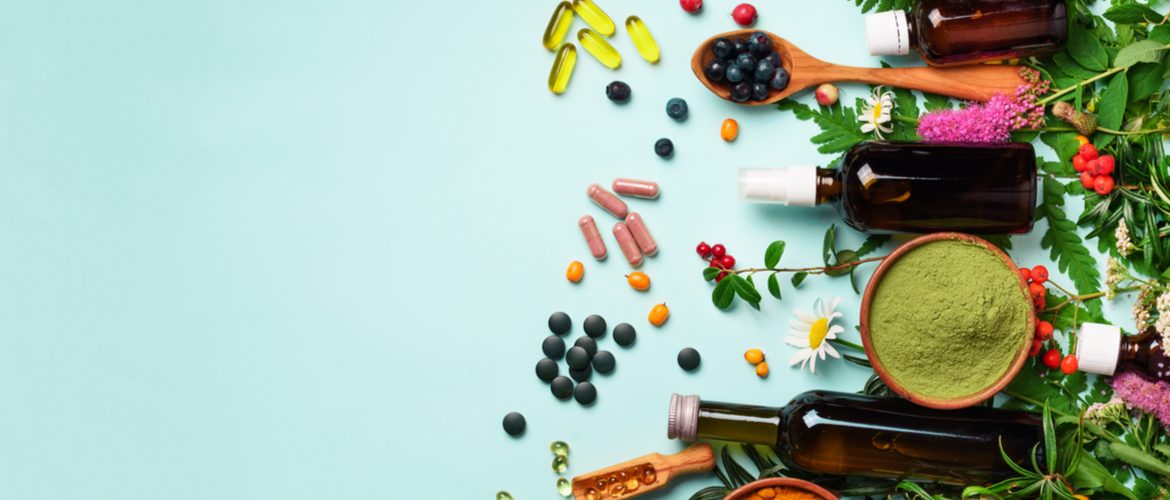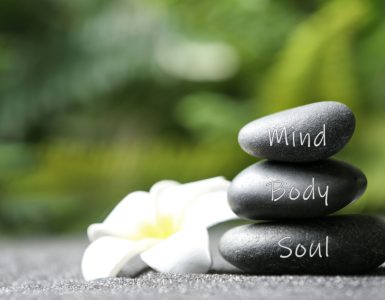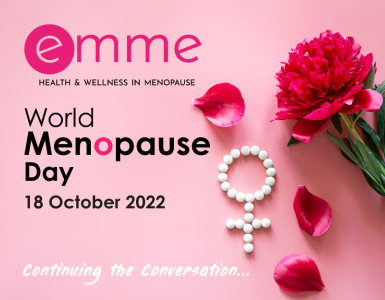The menopause can cause a wide variety of symptoms, both physical and emotional. It can be a difficult time that can make you feel frustrated and alone. But there is help available, including taking HRT, or hormone replacement therapy.
Whilst HRT benefits many women, not all women want to take HRT or are suitable for the treatment and so want to look for alternative ways to help manage the symptoms of the menopause.
What are the symptoms of the menopause?
There are many symptoms associated with the menopause. Some women experience a few of them, whilst others experience the majority, or all of them, at some point during their menopause.
Here’s a list of the most common menopausal symptoms:
- Irregular periods that might be lighter or heavier, or more or less painful
- Headaches
- Night sweats
- Hot flushes
- Brain fog – trouble concentrating and remembering
- Mood swings
- Depression
- Anxiety
- Problems sleeping
- Tiredness
- Irritability
- Weight gain
- Dry skin and hair
- Loss of libido
- Painful sex and a dry vagina
- Recurrent cystitis
- Weak bones, fractures and eventually, osteoporosis
What are the natural treatment options available to me?
Many natural ways to manage the symptoms of the menopause can be used on their own, alongside each other or alongside HRT. Some of them are beneficial to our health in general, and in supporting good overall health, we might be better able to deal with our menopausal symptoms.
These include eating a diet rich in fresh fruits and vegetables, lean protein sources, healthy fats and whole grains. Reducing our intake of sugar, caffeine and alcohol can also be helpful. As can regular exercise (whatever you enjoy) in order to help prevent weakened bones and fractures. Taking a good quality vitamin D and calcium supplement can also help to protect the bones.
But in addition to this, there are natural supplements and superfoods that we can consume that can help to ease certain symptoms…
- Adaptogens are compounds that help the body react to, and deal with, stress, including the internal stress of the change in hormones associated with the menopause. Maca is an adaptogen that can help to stabilise the hormones, and ashwagandha is an ancient medicinal herb and adaptogen that can help to reduce stress and anxiety. Maca is also said to help improve a low libido too.
- If you’re struggling with depression and anxiety, and it’s affecting your quality of life, speak to your GP, a friend or loved one or mental health professional in order to gain some help. Some women find that in addition to more mainstream treatments, functional mushrooms such as lion’s mane mushroom, found in teas and as dried supplements, can be beneficial.
- Red cover is a supplement that can help to reduce the frequency and severity of night sweats and hot flushes. Black cohosh is also thought to help in the same way. There are certain medicines that these herbs can interfere with, so speak to your GP or pharmacist if you have a pre-existing medical condition.
- Korean red ginseng can help to improve both a low libido and a low mood.
- Valerian root can help to manage symptoms including hot flushes and insomnia.
















